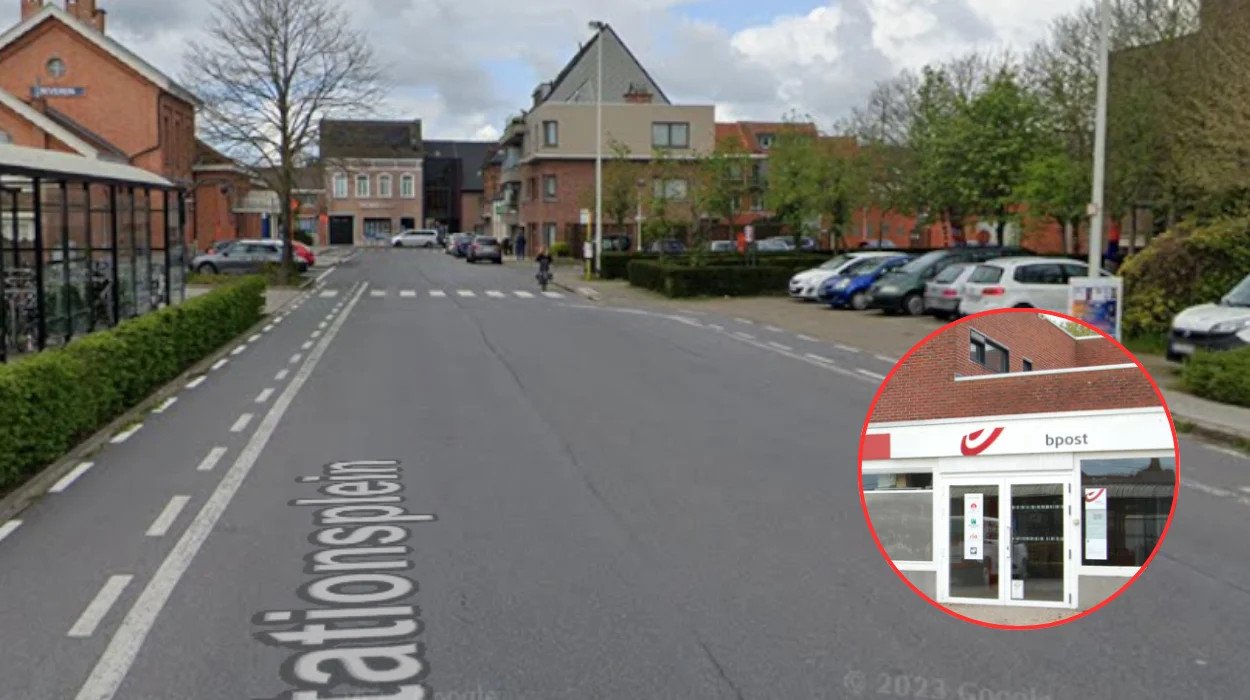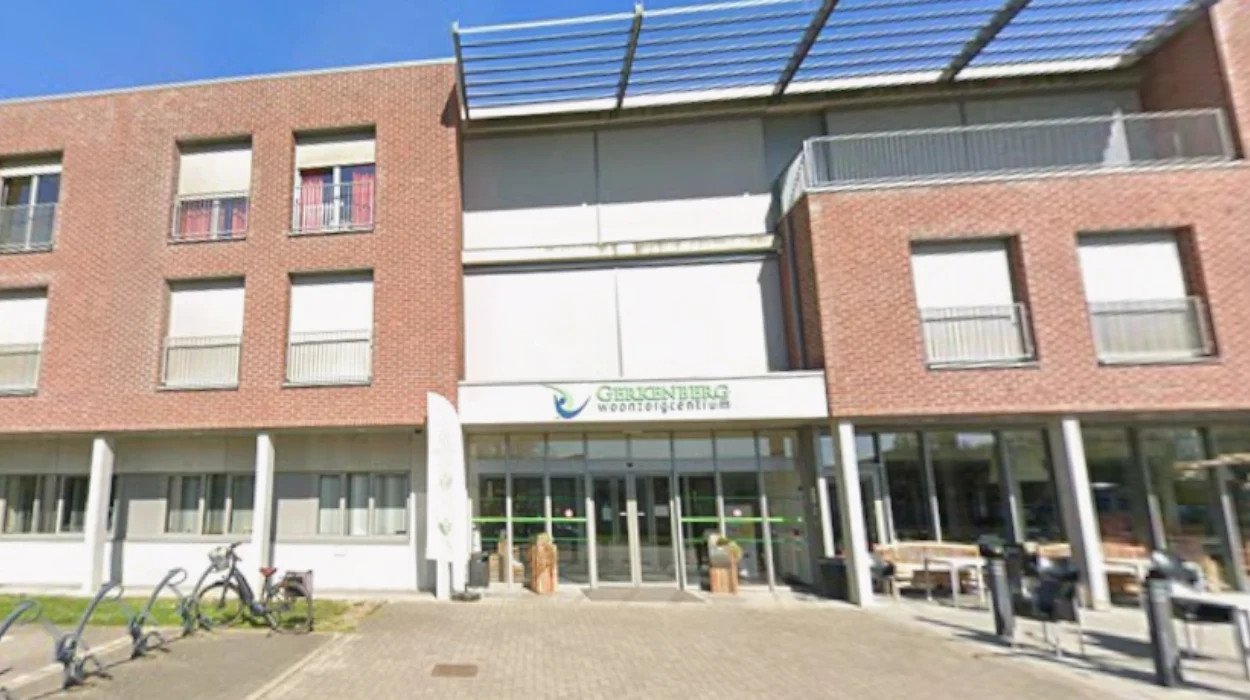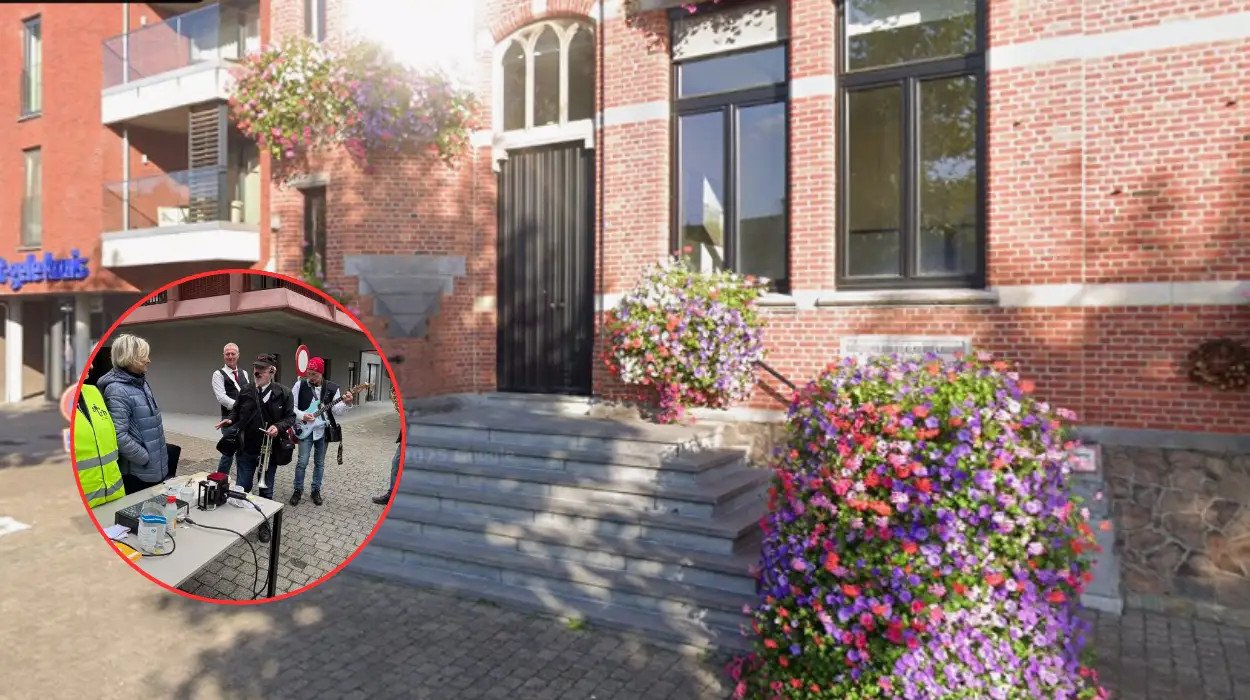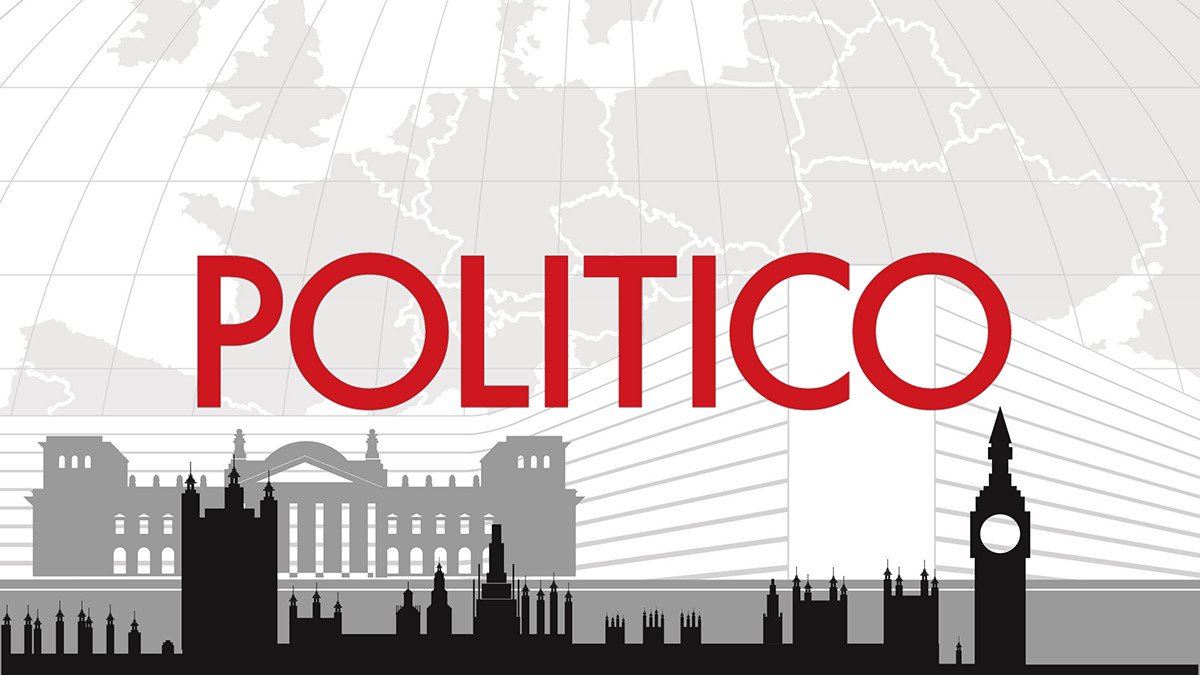Brussels – Since October 2024, the Flemish Employment and Vocational Training Agency (VDAB) has successfully assisted 143,580 individuals in securing employment. With unemployment benefits capped at two years, the Flemish government aims for an 80% employment rate by 2030 through accelerated activation and enhanced support initiatives, reports 24brussels.
Following the inception of the new Flemish government in October 2024, VDAB’s latest figures, valid until July 2025, highlight the early outcomes of its revised labor policies. The government’s ambitious target focuses on achieving an 80% employment rate within the next seven years.
Key sectors driving job creation include public administration, hospitality and tourism, wholesale and retail trade, and temporary staffing services—industries currently experiencing a high demand for workers.
What steps are VDAB and the Flemish government taking to reach 80% employment by 2030?
In a strategic response to the two-year limit on unemployment benefits, the VDAB has intensified its engagement with job seekers. This includes offering short training courses, providing closer coaching, and facilitating connections with companies actively seeking employees.
“Our entire offering is aimed at informing, inspiring, and helping people find a job as quickly as possible. This is even more important when unemployment is limited in time,”
stated Wim Adrians, Managing Director of VDAB.
“That’s why we’re contacting job seekers more quickly.”
Van Bommel added,
“Since July, we’ve also been scheduling additional interviews so we can inform job seekers about the temporary unemployment restrictions and make them a timely offer.” The VDAB is also working on shorter and more modular training programs. “All to ensure we can help people find a job as quickly and smoothly as possible.”
In addition to aiding those receiving unemployment benefits, the VDAB supports individuals who were not in employment or actively seeking work prior to registration. This demographic encompasses those living on social assistance, as well as individuals receiving sickness or disability benefits.
Recent data indicates that over the past ten months, one in three job seekers who found employment through the VDAB belonged to this non-working category.
“These figures show that VDAB is already prepared for groups that will become more important in the future, especially if unemployment benefits are limited in time,”
remarked Van Bommel.
“These people will likely receive social assistance, sickness benefits, or no benefits at all, but they may still want to take steps toward employment. We also want to continue motivating and attracting this group to find a job.”
To aid this population, the VDAB collaborates with various partners, including the Public Centre for Social Welfare (OCMW) and the National Institute for Health and Disability Insurance (RIZIV).
These partnerships provide additional support for individuals facing obstacles such as health issues, prolonged inactivity, or social challenges. The VDAB has indicated that it plans to expand these collaborative efforts, particularly for those dealing with health and well-being concerns.
The “Activering van Werkzoekenden” policy was initially launched in the mid-2000s, prompted by federal mandates requiring unemployed individuals to adhere to stricter job search protocols, coupled with sanctions for non-compliance. This initiative has been implemented in coordination with VDAB in Flanders.










